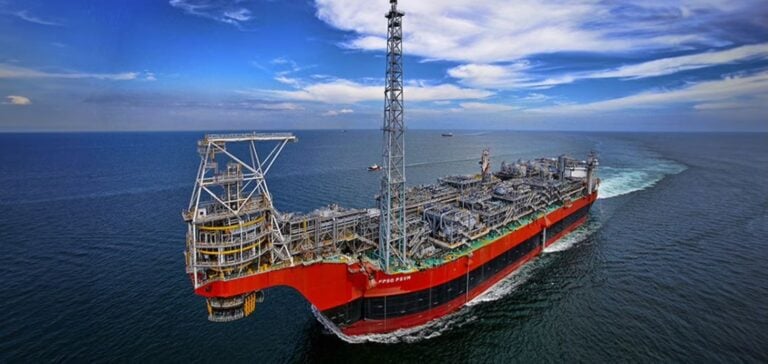Turkey is pursuing its expansion in Africa through strategic energy partnerships, thereby consolidating its access to the continent’s natural resources. On October 31, Ankara announced the signing of a hydrocarbons cooperation agreement with Senegal, a new oil producer in West Africa. This agreement covers multiple areas, including the exploration, production, and trade of oil and gas, marking a significant step in Ankara’s strategy to diversify its energy supply sources.
The meeting between Senegalese President Bassirou Diomaye Faye and his Turkish counterpart Recep Tayyip Erdogan resulted in a “memorandum of understanding in the fields of energy and hydrocarbons,” according to Turkish Energy Minister Alparslan Bayraktar in a statement posted on social media. In addition to hydrocarbons, the agreement also provides for collaboration in the fields of renewable energy, critical minerals, and rare earths, sectors of strategic importance to Turkey’s economy.
A strengthened African strategy by Turkey
Ankara is intensifying its partnerships with African countries, such as Somalia, Niger, and now Senegal, to ensure the security of its energy supplies. In 2023, Turkey imported 31.4 million tons of crude oil, while its domestic production remains limited to 4.1 million tons. This strategy responds to Turkey’s growing energy needs, which also require a diversification of sources to reduce its dependence on traditional exporters.
Seismic activities for oil exploration are planned onshore and offshore as part of this agreement with Senegal. Turkish companies, already active in Somalia where they explore territorial waters following the withdrawal of major international companies due to political instability, are encouraged to invest in exploration operations in Senegal. The country could thus become a key player in Turkey’s energy supply.
Strategic interests: uranium, oil, and natural gas
In addition to hydrocarbons, Turkey is interested in Niger’s strategic minerals, including uranium, an essential resource for its nuclear sector. Niger, which recently realigned its alliances toward new partners after the July 2023 coup, is now a potential player for Turkish companies in the mining sector.
West Africa, and particularly Senegal, is also at the heart of Ankara’s energy ambitions. Last June, Senegal officially became an oil producer with the start of its Sangomar oil project, producing 100,000 barrels per day. This heavy oil is already exported to Asian and European markets, solidifying the country’s position as a new African energy player.
Development of Senegal’s gas sector
The imminent start of the Greater Tortue Ahmeyim gas field, located on the border between Senegal and Mauritania, represents a new opportunity for the West African energy sector. This liquefied natural gas (LNG) project, operated in partnership with Mauritania, is expected to produce around 2.3 million tons of LNG per year in its first phase. This new development could offer Turkey an alternative path to diversify its access to gas resources, while consolidating its cooperation with Senegal.
By multiplying its partnerships in Africa, Turkey is pursuing a strategy aimed at securing increasingly crucial energy resources for its rapidly growing economy. The recent African collaborations thus mark a transformative phase in Turkey’s bilateral relations with emerging economies, strengthening its supply network for oil, gas, and strategic minerals.






















